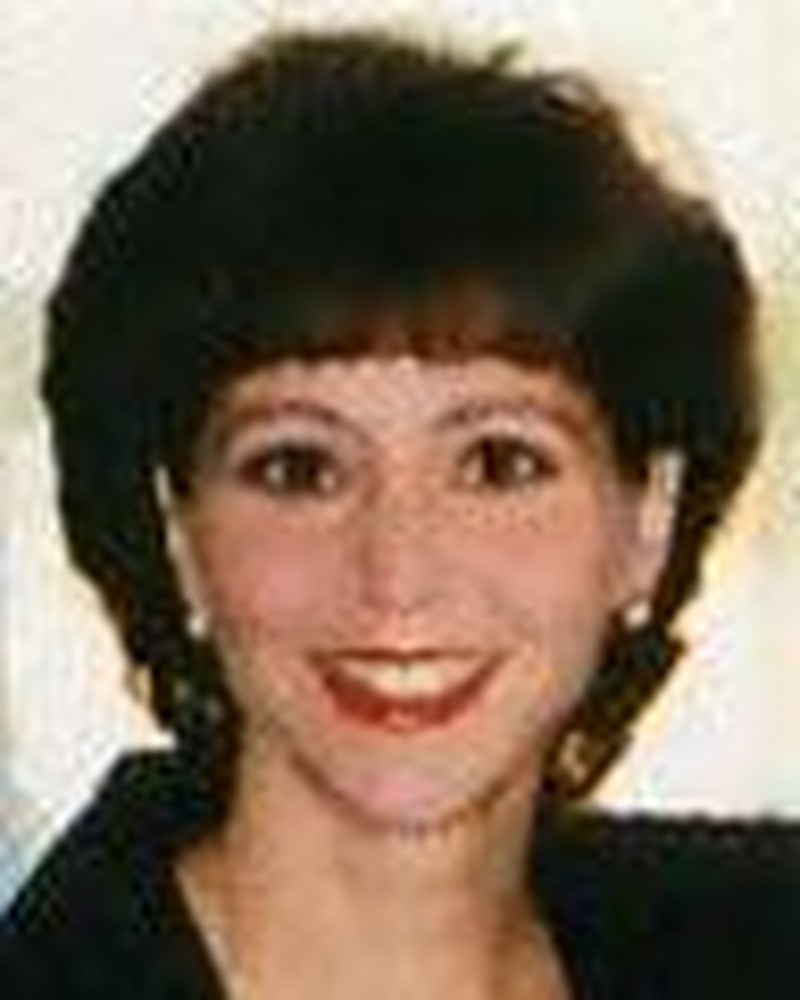An Interview with Daniel Pink - Part One
- Amy Hollingsworth
- Published Nov 15, 2002

I discovered Daniel Pink around the same time that most home-schooling parents did, last fall when Reason magazine published the cover story, "School's Out: Get Ready for the New Age of Individualized Education."
The article was an excerpt from Pink's book Free Agent Nation: The Future of Working for Yourself, a best-selling book dubbed by a New York Times columnist as "one of the decade's most important books."
I considered the article one of the best apologetics of home schooling I had ever read. What was most surprising was that it wasn't written by someone inside the movement, but by an outsider looking in, an author who while researching the emerging freelance worker and do-it-yourself world of work found home schooling to exist as a perfect corollary in a "parallel universe."
I corresponded with Daniel Pink at that time, to share the reaction of my college class to his article. (It wasn't positive, but these were 20-year-old business students who were about to enter the work world and didn't want anyone telling them the rules had changed.)
Months later, he was gracious enough to accept my invitation to speak at the Virginia Home Education Association (VHEA) Conference in Charlottesville, his first home schooling conference.
Daniel Pink's last real job before declaring his free agency was as a White House speechwriter for then-vice president Al Gore. I'd never met a White House staffer before, and I wasn't sure what to expect. A starched white shirt with an Ivy League attitude? (After all, Pink was a Yale law school grad, just like his boss's boss, Bill Clinton.)
But I didn't get a white shirt or an attitude. Instead, Pink was animated and avowedly "non-linear" (his words), with a quirkiness that was more Jeff Goldblum than Al Gore.
We sat down in the Teen Retreat room at the VHEA conference, while Dan ate his lunch in between signing books and toting his two young daughters around the conference.
Amy: For someone outside of the movement, you seem to have a pretty firm grasp of what home schooling is. How did you happen upon home schooling in your research?
Dan: I noticed, first of all, that among the people who are free agents, among the people who were working for themselves, there were a lot of people who were also home schoolers. Not everybody, but enough of a portion of them to make me raise my eyebrows, and say, "Ooohh, what's going on here?"
The other thing was the question I got from people I interviewed around the country about what it's like to work for yourself: "What does this mean for education?" And I never knew the answer to that question. So those two things coalesced.
As I learned a little bit more about home schooling, it was almost like being in this parallel universe of free agent nation because so many of the values - the animating values - were similar. So much of the spirit was similar.
As I explored home schooling more, I said, "Wow, this is really a robust expression of free agent values in an area that is not the workplace." And it's teaching kids about intrinsic motivation, about freedom, about self-direction, about working with a variety of other people.
It is really preparing these kids for the real world of work rather than the world of work that disappeared 10 years ago, 20 years ago, that the traditional schools are still preparing kids for.
Amy: Did your editor give you any flak for your predictions about education?
Dan: No, no, but it's interesting you mention that. Because my editor was somewhat dubious about home schooling.
Amy: Were you taking a risk by including it?
Dan: I don't think so. I don't think it's a risk at all, because as an author who wants to tell a compelling story and reveal some truth, I couldn't not include it because I think it's so important.
Amy: You had said that when you first started writing about free agency, the pundits went crazy, and the common folk were saying, "Amen." And I wondered, did you get a similar reaction to your stance on education?
Dan: A little bit, but in some ways less, surprisingly. But certainly you know as a writer that if readers respond to what you're saying either in intensity or volume, you know that you are on to something. As a writer, people are doing you and me such a great service by devoting any of their time to actually listening to what you have to say rather than all of the thousands of possible things they could be doing at that moment. But then if people take the next step and respond to it, then you know you really have hit a chord.
Amy: You alluded to this earlier, that home schooling is almost perfectly consonant with the values of the free agent work ethic. How so?
Dan: People who work for themselves prize a certain amount of freedom and that doesn't mean a life of leisure or a life of doing nothing. But it means following your own bliss and having control over your own time and pursuing what moves you rather than what moves some authority figure. So you see it again in home schooling, your kids pursuing what are their true genuine interests, rather than saying, "For 45 minutes you will study geography, for the next 45 minutes you will study science...."
Free agents also care a lot about authenticity. Most schools don't accommodate each particular, idiosyncratic, beautiful one-of-a-kind child. It has to be standardized - it's the nature of the beast - so it's this gigantic race to the middle. The middle in every regard - the middle of aptitude, the middle of socialization, the middle of artistic capability. So anybody who is not dead in the middle is getting an education that is not actually key to who they really are.
And the same thing is true in work. People talk about leaving their own identity, their own sense of who they really were, at the office door before they go in.
Certainly the other aspect of free agency that is consonant with home schooling is the notion of self-defined success. You have people who work for themselves who are defining success on their own terms. They're saying, "My goal is not to build the biggest enterprise in the world; my goal is just to build a good enterprise, an enterprise that has value for me." You have people who end up leaving the traditional world of work because they've worked and worked to get a promotion, but the promotion doesn't mean anything to them. Because the metrics of success are not necessarily the same as the metrics of their own sense of values.
And the same thing is true with schooling. There is deeper, more enduring satisfaction in doing, in creating something beautiful, or in solving a problem than there is in getting an "A," which everyone knows is just a question of who can please the authority figure.
**Don't miss Part Two of Amy's interview next week!**
(c) 2002 Amy Hollingsworth. Used with permission of the author.
Free Agent Nation is available at bookstores, or from Dan's website: www.freeagentnation.com
Amy Hollingsworth received her B.A. degree in psychology and English from the University of North Carolina at Chapel Hill and her M.A. degree in Education/Counseling and Human Services from Regent University. She has written extensively on home schooling and parenting issues for The American Partisan, Home Education Magazine, Reconciliation Press Online and numerous educational Web sites. Her article, "Behind the Mask: What the Phantom of the Opera Taught Us," was recently featured in the book Christian Unschooling. You can email Amy at amyhollingsworth@yahoo.com.




















